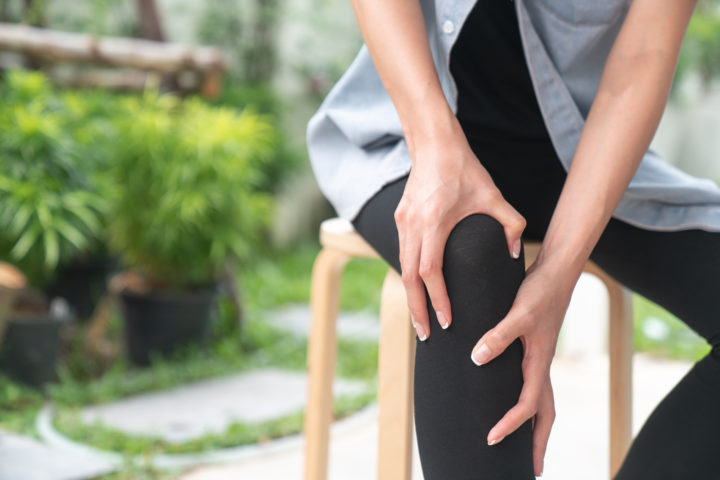A few weeks ago, Popular Science debunked the myth that menstrual blood attracts sharks.
The story was sparked by professional surfer Laird Hamilton, who had (confidently) told TMZ that “the biggest, most common reason to be bitten [by a shark] is a woman with her period,” despite the lack of credible evidence supporting this claim.
In lieu of unsurprising yet sensationalist patriarchal nonsense, here are some other age-old (and since debunked) myths about periods.
You will make food go bad
All over the world, menstruation is still associated with uncleanliness. According to a 2013 Kathmandu Medical College study, 55 percent of Indian girls surveyed believe they shouldn’t enter their home’s kitchen nor cook until four days after their menstrual period or else the food will be spoiled.
Of course, the girls shouldn’t be blamed for this unfortunate statistic, but rather, their country’s social conservatism towards creating a dialogue about reproductive health and sex education.
Menstrual blood attracts bears and therefore, you can’t go camping
In a similar vein as the shark myth, another is that menstrual blood also attracts bears, so therefore, menstruating women shouldn’t go camping or even thinking about stepping into the wilderness.
Jezebel reports the myth dates back to two incidents where women were attacked by bears the same night (but 20 miles apart) in Montana’s Glacier National Park in 1967. Only one was menstruating, though, but that was enough evidence for the park to publish a brochure issuing an alarming warning to women. They were instructed to not visit the park while on their periods.
Even today, the Yellowstone National Park/ National Park Service’s official website reads: “While there is no evidence that grizzly bears are overly attracted to menstrual odors more than any other odor and there is no statistical evidence that known bear attacks have been related to menstruation, certain precautions should be taken to reduce the risks of attack.”
However, there is no scientific evidence supporting this claim, which further perpetuates the notion menstruating women do not belong in nature.
Your hymen will bleed if you have sex or insert a tampon
Surprise: this myth orients around hymens, or thin skin tissue around the vaginal opening. The misconception around hymens dates back to ancient history, where newlywed virgins were expected to bleed on their honeymoons during their first time having sex. If they didn’t bleed, that was proof they weren’t virgins after all and must have been promiscuous and unfaithful.
Fast forward in time, and unfortunately, hymen myths centering sexual purity still linger. Teen Vogue reports most women’s hymens don’t tear after all during their first time engaging in penis-in-vagina intercourse. In a similar vein, a tampon (nor didlo or any other type of sex toy) won’t do that, either. There is a small exception for those whose hymens completely cover their vaginal openings, who should seek medical care to treat their rare condition.
You need your period to be healthy
Infrequent periods, or not having a period at all past puberty, could indicate larger, underlying health problems that have nothing to do with pregnancy. According to Women’s Health Magazine, infrequent periods could indicate Polycystic Ovary Symptom, celiac disease, premature menopause, thyroid irregularity, or even simply, stress.
While the above symptoms can be valid and vary from person to person, that doesn’t mean irregular periods are synonymous with poor health. Some bodies, that are perfectly healthy, just have irregular periods for the sake of irregular periods. Dr. Aliza, for U by Kotex, explains irregular menstrual cycles are common and can often be insignificant.
You can’t get pregnant while having sex on your period
Okay, there is a little truth to this one. If your periods are irregular (which, as mentioned above, unfortunately is more commonplace than people think), you still risk pregnancy if engaging in unprotected sexual intercourse during your period.
For instance, Parents.com says someone with a shorter menstrual cycle can bleed for seven days, have intercourse the first day of bleeding, and ovulate three days later.




comments